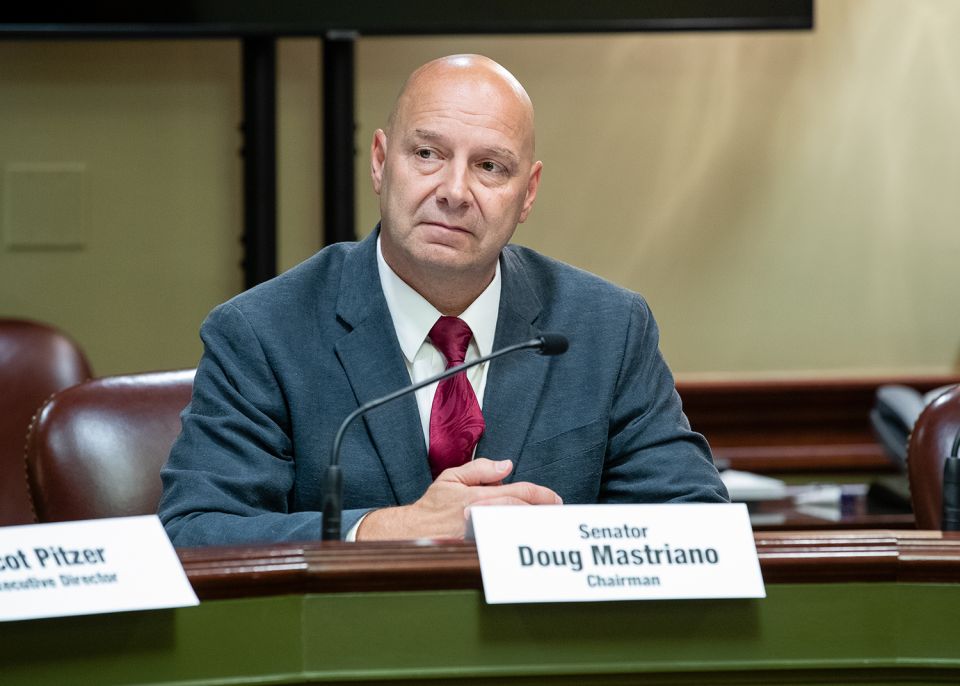HARRISBURG – The Senate approved legislation introduced by Sen. Doug Mastriano (R-33) that could save lives by expanding fentanyl testing in Pennsylvania.
“Fentanyl is a serious and growing danger in communities across the commonwealth,” Mastriano said. “Testing for fentanyl can save lives. This is a bill that can mean the difference between life and death for Pennsylvanians poisoned with fentanyl.”
Senate Bill 683 would require general acute care hospitals to test for fentanyl and xylazine when treating a person who is receiving a standard, five-panel urine drug screening. A regular opioid test does not currently test for fentanyl and xylazine.
Fentanyl is the No. 1 cause of death for Americans ages 18-45. The fentanyl overdose crisis has affected communities across Pennsylvania.
Xylazine is a lethal tranquilizer that is increasingly being mixed with other illegal drugs – including methamphetamines, cocaine and counterfeit drugs such as Xanax – leading to additional overdose deaths.
A recent Epic Research study showed only 5% of toxicology screens currently test overdose patients for fentanyl. The percentage is even smaller for xylazine testing.
Rapid fentanyl and xylazine testing already exists. Three low-cost reagents have been approved by the U.S. Food and Drug Administration that can be used with a chemical analyzer to determine if an individual has either drug in his or her system. Hospitals without chemical analyzer equipment can use widely available testing strips.
“We have the tools and now we need to make sure we’re using them to test for fentanyl and xylazine,” Mastriano said. “This test can save the lives of patients who otherwise might not know they have these dangerous substances in their bodies. The tests provide vital information for the doctors, nurses and other health care workers treating the patient.”
Fentanyl and xylazine testing can alert the patient, doctor, provider or parents of the patient about the dangerous situation and prompt a prescription for naloxone.
Testing can save additional lives by motivating the patient to dispose of counterfeit pills and alert friends who also may be using them. It also can lead patients to connect with drug abuse treatment options.
Testing enhances public safety by helping law enforcement in the apprehension and prosecution of drug dealers, and generating more accurate information about overdoses, which can be used to shape public policy.
Laws containing provisions similar to those in Senate Bill 683 recently were enacted in California and Maryland.
Mastriano’s bill was sent to the House of Representatives, where it was referred to the Health Committee.






















